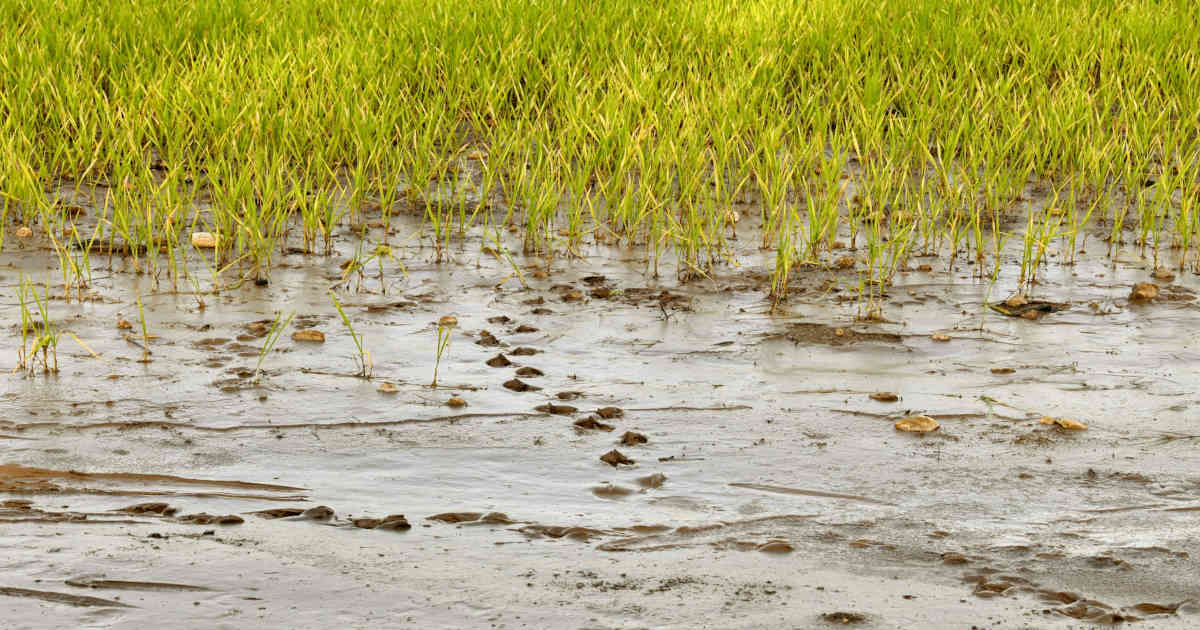Every year, millions of Americans go hunt deer. Many of these hunters may be heading out for the first time. If you are inexperienced, there are several steps you need to take. Here are some basic tips to take note of before deer hunting.
Check Local Deer Hunting Laws
No matter how skilled you are, staying informed about local hunting laws is the first step toward ensuring your season is both successful and within the bounds of the law. The laws and regulations for hunting change from year to year. The laws will also vary from state to state and county to county. If you move, re-learn your location’s hunting laws.
There are different dates on which you can use different weapons to hunt. You also need to know what the restrictions are for baiting and feeding. Make sure you have the appropriate license and tags.
Take an Education Course
Taking a state education course is usually required for new deer hunters. This could involve an all-day event or taking a course online and taking the shooting portion in person. You could also complete a learn-to-hunt program. These are programs offered by state agencies, conservation organizations, or private groups to learn or develop hunting skills.
Learn From a Hunting Buddy
If you know someone who hunts, ask to join them while they hunt. Asking questions and observing proper methods can speed up the learning process. Ensure you learn with someone trustworthy and who knows what they are doing.
Practice With Your Equipment
Take the time to learn your weapon. Make sure you use it correctly, whether you use a bow, crossbow, rifle, shotgun, or muzzleloader. Spend ample time on the range perfecting your timing and aim. The perfect shot will kill the deer quickly to avoid unnecessary suffering and wasting the meat. Learn how to handle, shoot, clean, and store your weapon to protect yourself and others.
Know how to set up and sit in your treestand. Assemble your stand and sit at ground level to reduce the risk of falling. Read the instruction manual and warnings. Inspect the treestand for defects. Practice using the full-body harness with a suspension release device. Tree stand accidents are the most common among hunting-related accidents.

Manage Your Scent
Whitetail deer have an incredible sense of smell. They have 250 million scent receptors compared to humans, who only have about 5 million. They can also smell a mile away if the wind blows in the right direction. Be mindful of the weather and wind direction when planning your hunt.
Before heading out to hunt, shower with a scent-reducing soap to keep your scent down. To keep the scent off your clothing, use an unscented laundry detergent.
Scout The Area
Scout a location for deer. Signs of deer include beds, tracks, trails, rubs, droppings, and scrapes. Consider setting up trail cameras to watch for deer. Set up the cameras 2-3 feet off the ground near the signs listed. Other locations to set up cameras include field edges, trail intersections, pinch points, and watering holes.

Don't Alert Your Presence
Take certain precautions to avoid drawing the deer's attention. Choose the best route to enter and exit the area that does not spook deer. Learn to walk slowly and quietly to and from your hiding spot. While waiting for a shot, try not to talk. If you must speak, whisper and keep your voice low. Deer can hear best at higher pitches.
Plan for the Harvest and Aftermath
It is important to know what to do after you kill a deer. Know how to field dress the deer immediately after the kill. Decide if you will do the work yourself or take it to a butcher shop and what you will do with the meat.
Conclusion
Educating yourself and planning is important before deer hunting. Familiarize yourself with the laws in your area to avoid unexpected fines or other harsh consequences. Complete the appropriate learning courses before hunting season. Shadow a fellow hunter to gain experience.
Perfect your skill with your weapon and treestand for your safety and others. Take precautions to keep the deer from seeing, hearing, or smelling you. Scout different places ahead of time so you know where the deer will be. Once you kill a deer you need to act fast and know how you will harvest it.
Taking these steps will improve your overall hunting experience, happy hunting!